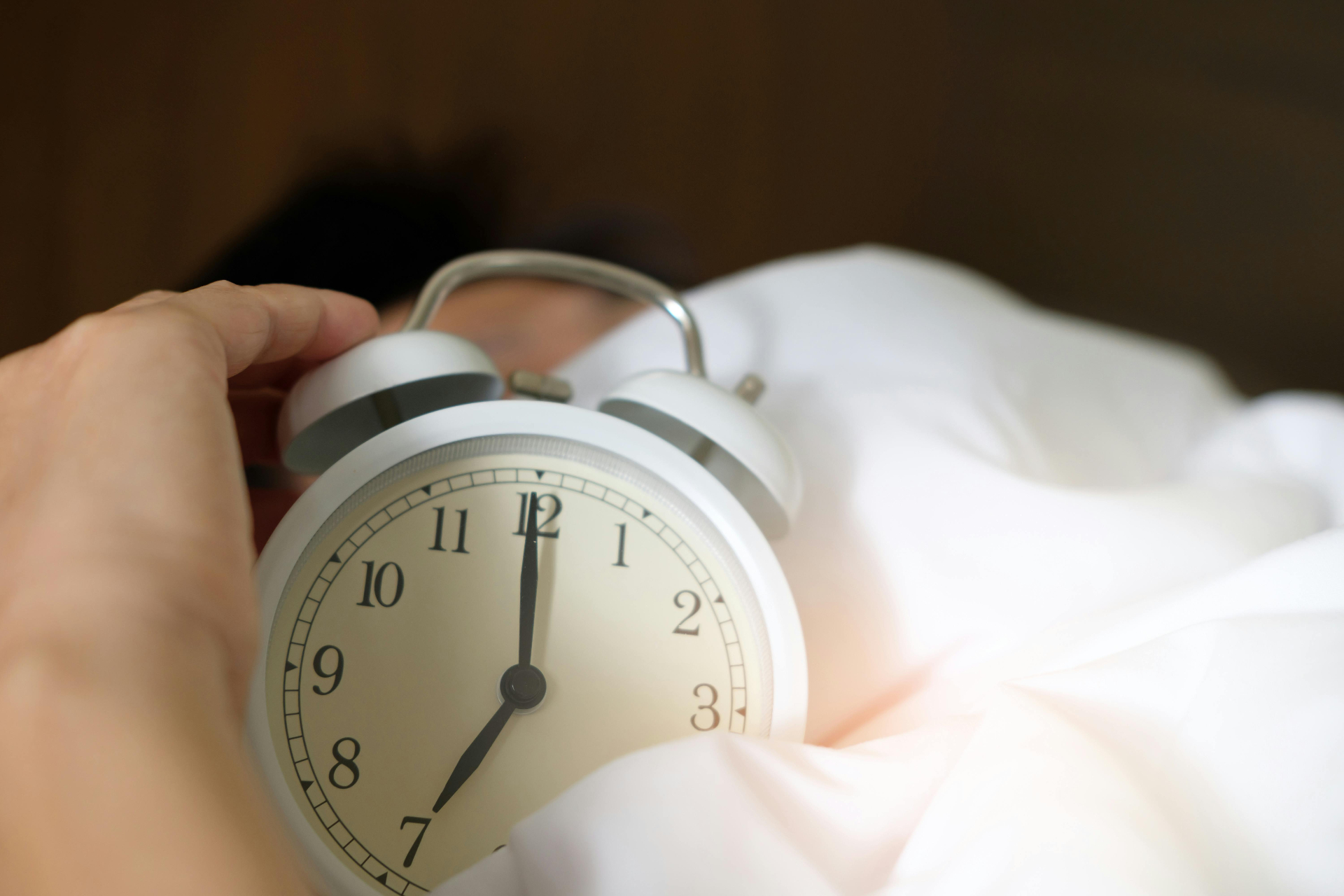Timing Matters When It Comes To Sleep

I think of sleep as the salt of mental health. Without proper seasoning, food tastes bland, and that lack of nuance, texture, and flavor immediately becomes all we notice when it is not there. Without proper sleep, our brains fixate on the lack of resilience, focus, and flexibility that results when we are not properly rested, and that becomes all we can fixate on about our mental health and wellbeing.
According to the CDC, 14.5% of American adults experience insomnia within a 30- day time period, and 10% qualify for a diagnosis of chronic insomnia. Those numbers are even higher for individuals with a mental health diagnosis. Sleep disruption is very common among individuals with mood disorders, with 25% to one third having both insomnia and hypersomnia (Meyer, Lok, Schmidt, Simon, McClung, Cajochen, Scheer, Jones, and Chellappa, 2024). A similar proportion of people with psychosis experience insomnia and hypersomnia on a routine basis, and those with bipolar disorder may experience a sleep-wake cycle that can run five to seven hours longer than average during a depressive or manic episode (Meyer, Lok, Schmidt, Simon, McClung, Cajochen, Scheer, Jones, and Chellappa, 2024
The relationship between mental health and sleep is well documented, but it may be more bilateral than we may have realized in the past. Poor sleep quality or sleep disruption can be a sign of a mental health issue, while new research suggests that it may also increase the likelihood of developing a mental health condition. In addition to the amount of sleep that we get, the timing of that sleep also appears to matter when it comes to mental health.
One recent study (Lok, Weed, Winer, and Zeitezer, 2024) found that going to bed before 1:00 a.m. may have a preventive effect against developing depression or anxiety, regardless of chronotype, which is the inherent inclination to sleep at a specific time. When we refer to a person as an “early bird” or a “night owl”, we are using informal language about chronotype. When working with clients, I often encounter a common belief that being able to align sleep with chronotype is optimal for good mental health and would improve functioning for those with anxiety and depression issues. Some clients have even sought work accommodations or changes to their shift schedules that they believed would align more with their “internal clocks”. The reasoning behind these choices is understandable, but the emerging science does not confirm the assumption that aligning sleep time with chronotype is necessarily the best option for improving the symptoms of depression or anxiety.
Lok, Weed, Winer, and Zeitezer (2024) found that among more than 73,000 adults, those with a preference for early sleep behaviors whose schedules were aligned with this preference were less likely to experience anxiety or depression than those with a preference for early sleep behaviors whose schedules could not accommodate this preference. This preventative relationship, however, was reversed for those with late sleep preferences. Those with a preference for late sleep behaviors whose schedules forced them to adopt early sleep behaviors were actually at a lower risk of depression than those with a preference for late sleep behaviors who could accommodate it. This would suggest that going to bed earlier and experiencing longer periods or daylight hours might have some preventative effects when it comes to certain mental health disorders, specifically anxiety and depression, regardless of sleep reference.
In short, we are still learning about sleep and how it impacts mood and functioning. We are also striving to understand why sleep interacts with other mental health disorders and exacerbates or prolongs the effects of these conditions. It is a complex dynamic with layers and bilateral relationships, but there are new insights emerging that suggest that our beliefs about sleep may need to be adjusted to include timing of sleep, as well as quantity and quality of sleep. Perhaps all of us should aim for a bedtime before 1:00 a.m.
Written by Deanna Diamond, LPC
Schedule your appointment with Deanna here!
- Lok R., Weed L., Winer J. and Zeitzer J.M. (2024, May). Perils of the nighttime: Impact of behavioral timing and preference on mental health in 73,888 community-dwelling adults. Psychiatry Res. 15;337:115956. doi: 10.1016/j.psychres.2024.115956.
- Meyer N., Lok R., Schmidt C., Kyle S.D., McClung M.A., Cajochen C., Scheer F.A.J.L. , Jones M.W. , and Chellappa, S.L. (2024). The sleep–circadian interface: A window into mental disorders. Proceedings of the National Academy of Sciences, 121 (9) DOI: 10.1073/pnas.2214756121

